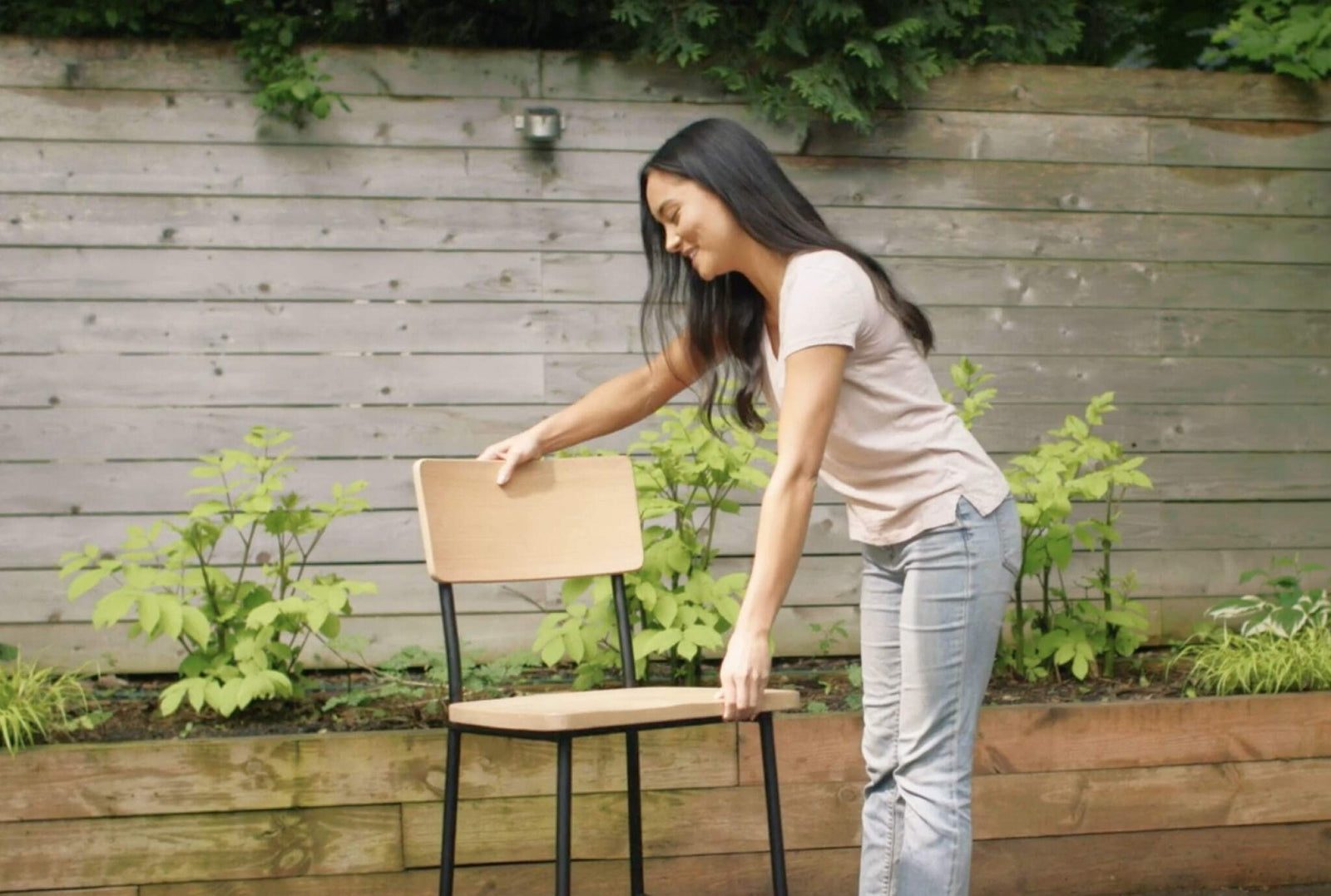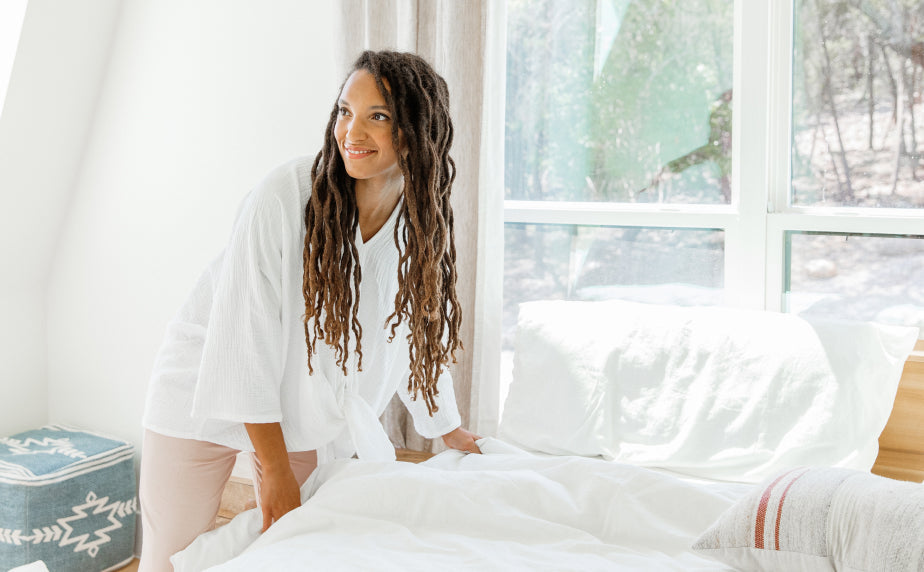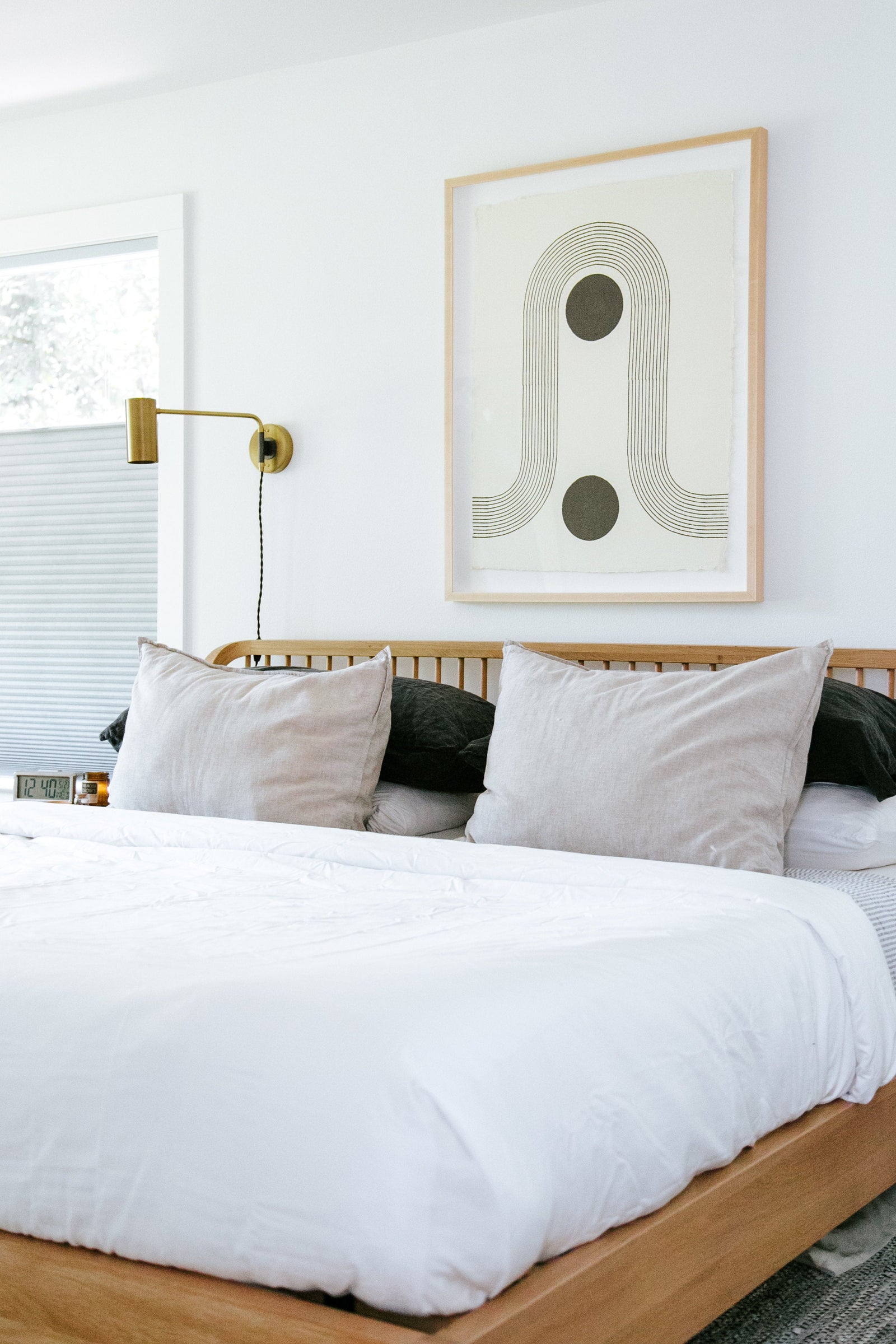How Clutter Negatively Impacts Our Mental Health
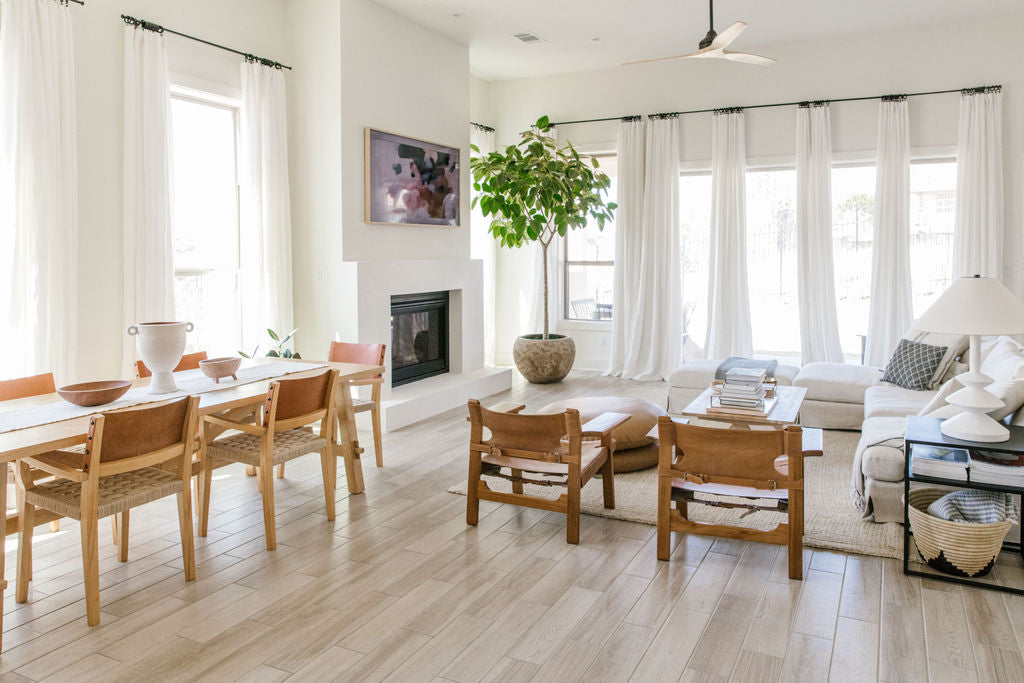
The coming of spring always gets us in the mood to release the old and welcome the new.
This season is also a time for cleansing within many traditional healing systems. But cleansing doesn’t just relate to our physical bodies.
We can also use the momentum of the season to cleanse our homes of things that no longer serve us to make space for new opportunities.
That’s right, we’re talking about decluttering.
We know it can take a good bit of motivation to get this process started, especially if you have a lot of stuff to go through, not a lot of time, and have kids running around.
This is why we want to share the proven connections between clutter and things like productivity, anxiety, procrastination, fatigue, insomnia, chronic stress, parenting difficulties, and even childhood development.
Our intention is not to shame anyone or scare you into tidying up!
Creating a perfectly organized and uncluttered home is not the end-game either. Rather, we hope that by raising awareness about the health pitfalls of clutter it will help motivate you to start creating a more intentional and functional space.
How Clutter Impacts Your Brain
How often do you find yourself saying or thinking “my brain is on overload”?
Although this is especially prevalent for women and moms, most adults experience feelings of scatter-brain which can lead to decision fatigue, chronic stress, insomnia, an inability to relax and even full-blown anxiety attacks.
This isn’t news. However, did you know that a cluttered space can contribute to feelings of overwhelm?
It’s true, and this is the premise behind minimalism: a scattered space equals a scattered brain.
How does this work? Science has shown that excess visual stimuli can negatively affect our ability to make decisions and stay focused.
Imagine trying to stay focused while there was loud music, a bunch of people talking, and fireworks happening at once. It would be near impossible, wouldn’t it?
The same thing happens with visual clutter. The more stuff you have competing for your visual attention, the harder it is for your brain to function properly.
Clutter: A Silent Trigger For Anxiety & Depression
We’ve all read stories about extreme hoarders who find it impossible to part with anything and need psychological help to lead a normal life.
However, science has shown that even moderate amounts of clutter can take a mental and emotional toll.
For example, research has shown that things like dirty dishes always in the sink, piles of paper on the floor and children’s toys lying around actually increase tension and stress levels in some people.
There are different reasons behind this including personality types, the extent of the clutter, etc. but it has to do with a lost sense of control over one’s life.
These feelings of inadequate self control can also contribute to things like overeating,
It’s also been shown that clutter problems stemming from disposal procrastination are associated with a significant decrease of satisfaction in life among older adults.
In other words: clutter makes us feel out of control which is detrimental to our self esteem, self control, and sense of well-being.
How Clutter Undermines Effective Parenting And Childhood Development
We want to recognize that with kids comes clutter.
It’s inevitable! No matter how you try to keep toys, books, gadgets, gear to a minimum, they tend to become excessive.
You’re not a bad parent if your kids have a lot of stuff - we all deal with this. The goal today is to help enhance our awareness so we remember how important it is to tame the clutter.
In one of our favorite books on parenting, Simplicity Parenting: Using The Extraordinary Power Of Less To Raise Calmer, Happier, and More Secure Kids by Kim John Payne, M.Ed, the author describes how excess toys and stuff cause a variety of behavioral problems in children. These behavior issues often go away when their spaces are radically simplified.
Organization and decluttering also allows children to become self-directed which is critical to their development. It also saves parents time because children can then access their own toys, shoes, plates and cups.
Additionally, a study in Environment and Behavior
Many experts have noted that when learning environments are simplified, children’s learning and attention disorders are markedly improved or even resolve themselves.
With regards to parenting and parent-child relationships and bonding, clutter takes away from our ability to be present with our children.
It also puts a wedge in creating the security kids rely on from routines, rhythm and consistency.
Plus, when we can’t find what we’re looking for it creates unnecessary stress that can make us short with our children… and vice versa when our children can’t find their treasured possessions.
Clutter Create Magnets For Household Toxins
This point is rarely discussed, but piles of papers, toys, unused books and more create a perfect environment for toxin-carrying dust to build up.
Since dust carries harmful things like heavy metals, pesticides, VOCs, SVOCs and allergens it causes a degradation of indoor air quality over time.
Helpful Resources To Declutter The Chaos
The silver lining in all of this: most of us aren’t extreme hoarders. Which means breaking free from clutter is entirely within our power.
The hardest and most overwhelming part is getting started. Once you get on a roll, it becomes so empowering you won’t want to stop.
One of our favorite books on the topic is The Life-Changing Magic of Tidying Up by Marie Kondo.
She also has an online course that takes you through her declutter and organization KonMari Method, and of course watching her show will give you the gist of things, too.
The thing we, and millions of others, love about her method is it’s very simple and sustainable.
Not only do you learn to let go of whatever no longer brings you joy but she teaches you the organization skills you need to keep things from getting re-cluttered.
As mentioned above, Simplicity Parenting by Kim John Payne is an excellent resource on how to simplify a child’s and family’s space, not only physically but mentally and emotionally as well.
He also has some invaluable tips on optimizing child development, communicating with children, and how to take the fear and stress out of modern parenting. It's a must-read.
To dig in more, you can also visit our blogs:
- Branch Basics Spring Cleaning Guide
- How to Set A Stress-Free Cleaning Schedule
- Why Household Dust Matters To Your Health
If you’re short on time, you may consider hiring a personal organizer who will come in and help you streamline the process. This can be a worthy investment if you’re busy, hate throwing things away, or have a lot of stuff to get rid of.
For home organization equipment and systems:
- IKEA has loads of great, solid wood, affordable options for shelving
- Marie Kondo also has her own brand
- The Container Store and Target are great for the basics like wire shelving, baskets, organization caddies and more
A Final Piece Of Advice: Forget Perfection
The prospect of organizing and decluttering can be made even more intimidating when you start browsing photos of other people’s decluttered homes. They look perfect, clutter-free and so well-thought out it can make the end-objective seem unattainable.
But it’s not!
Earlier we emphasized that with kids comes clutter, but that’s also true of life in general. Especially in the United States where we’re constantly being told we need “more stuff” to be happy, more successful or even more organized.
If you find yourself getting intimidated or overwhelmed before getting started, remind yourself of why you’re doing this: to create better health for you and your family.
Does that mean your home will look Pinterest-perfect and decluttered all the time? Highly unlikely!
But by doing that initial big declutter and putting systems in place to stay better organized, you’ll automatically start reaping the health benefits like:
- Higher energy
- Improved moon
- Less brain fog
- Less anxiety
- Happier children
- Easier parenting
Which means you’ll be much more motivated to keep things decluttered day after day, until pretty soon it will become like second-nature.
You can do this.
We hope this article provides some health-focused motivation that will empower you to get started and stay the course. For more, check out:
Categories
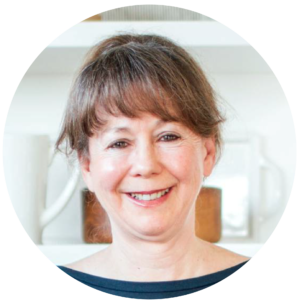
Marilee Nelson
Marilee Nelson is an Environmental Toxins expert who has spent nearly 30 years advocating for the chemically-sensitive and chronically-ill. She is a Board Certified Nutritionist, Certified Bau-Biologist and Bau-Biology Inspector and specializes in Food As Medicine. She has helped thousands of families and individuals identify, heal and recover from toxic exposures and is on a mission to revolutionize the way American families view their health.






